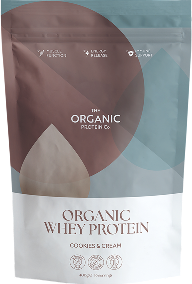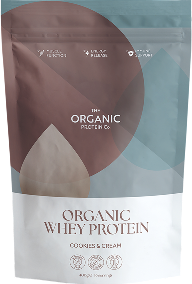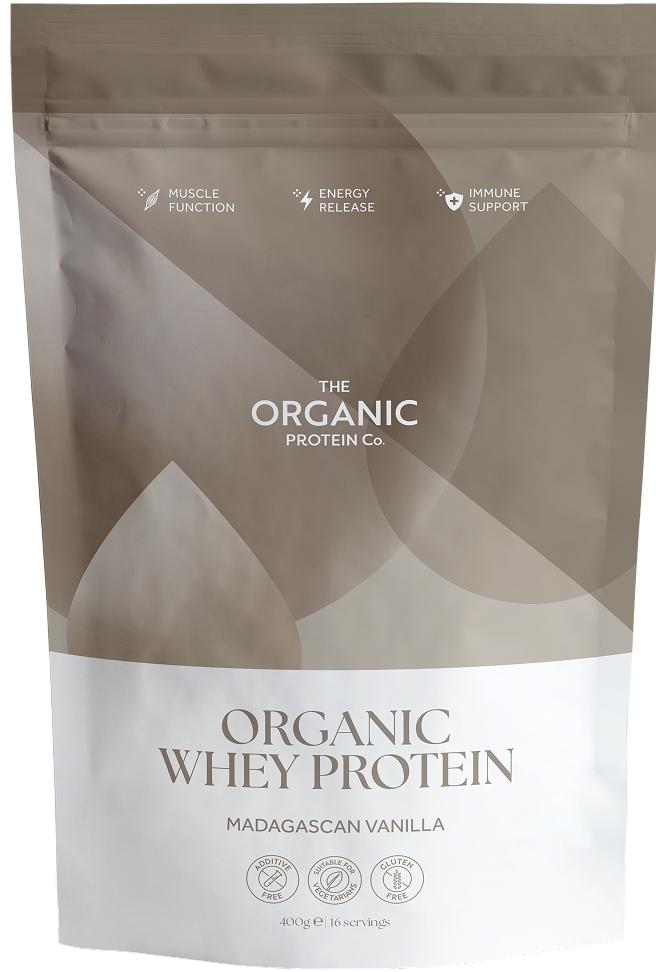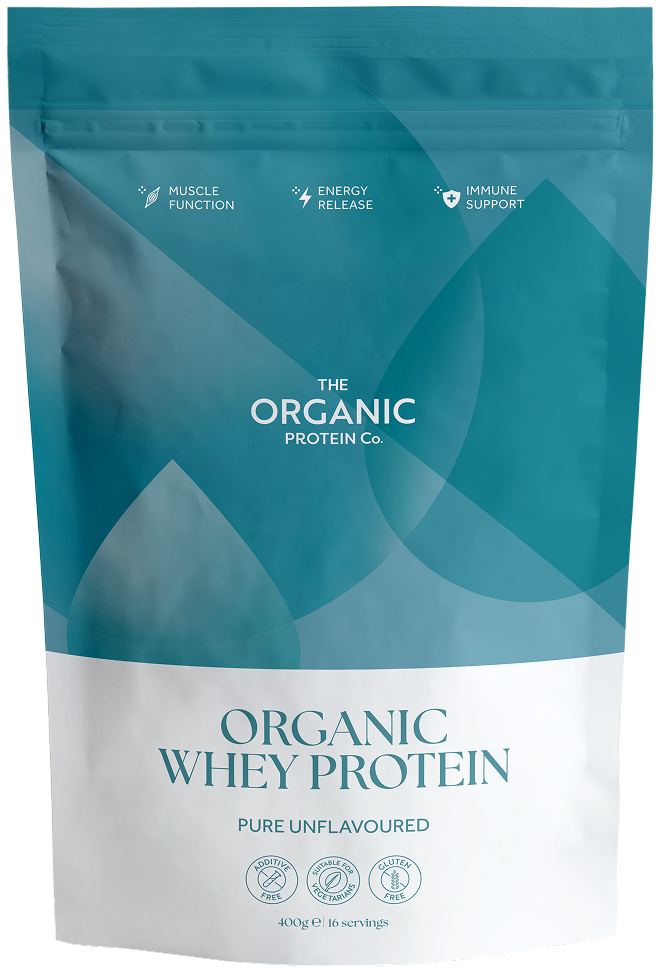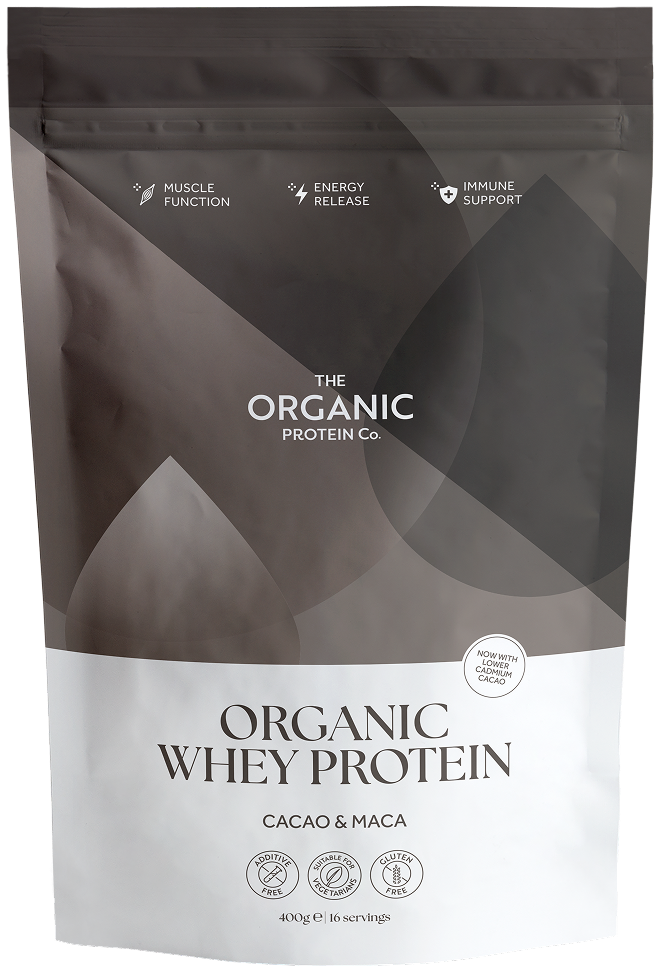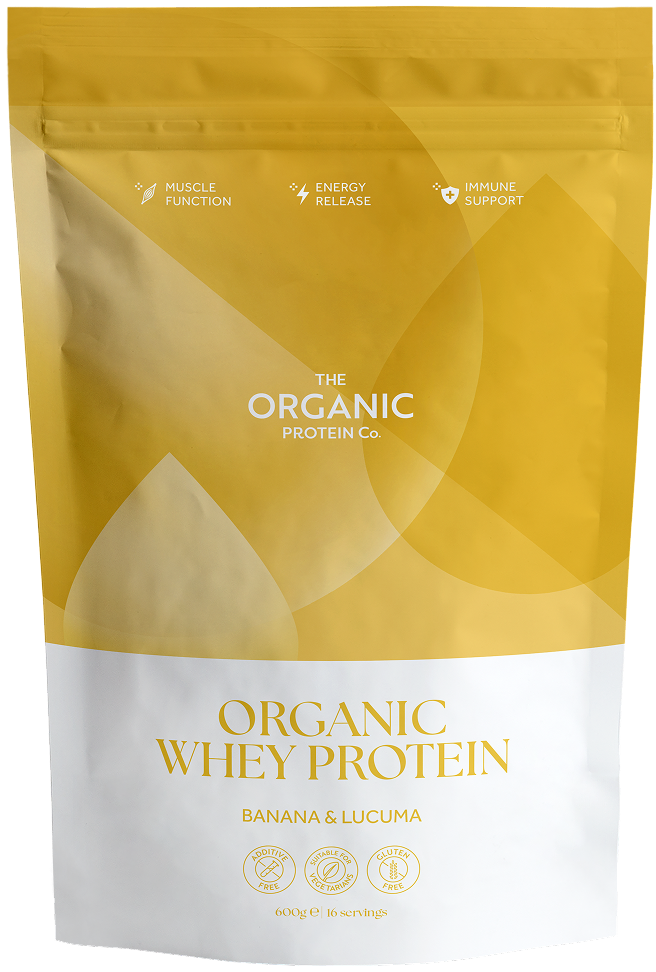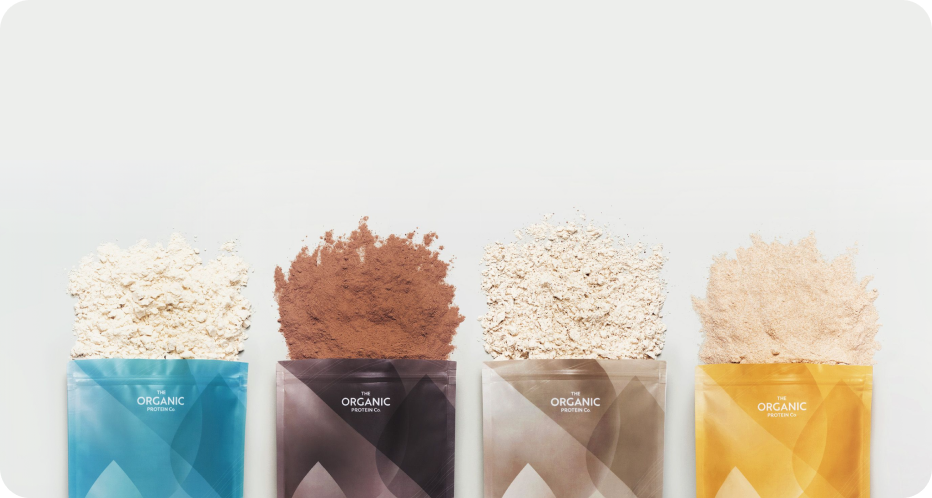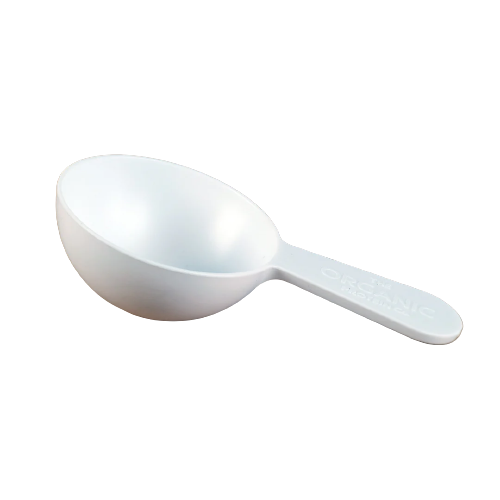

What is cholesterol?
Does whey protein contain cholesterol?

Can whey protein help lower cholesterol? What the research says

Can I take whey protein if I have high cholesterol?
What type of whey protein is best for cholesterol management?

The bottom line on whey protein and cholesterol

Ro Huntriss
Consultant Dietitian and Nutritionist
A London-based Consultant Dietitian and Nutritionist, Ro brings over 13 years of experience to our blog. With expertise in women's health, weight management, and nutrition science, she simplifies complex topics into actionable advice for a healthier lifestyle.
